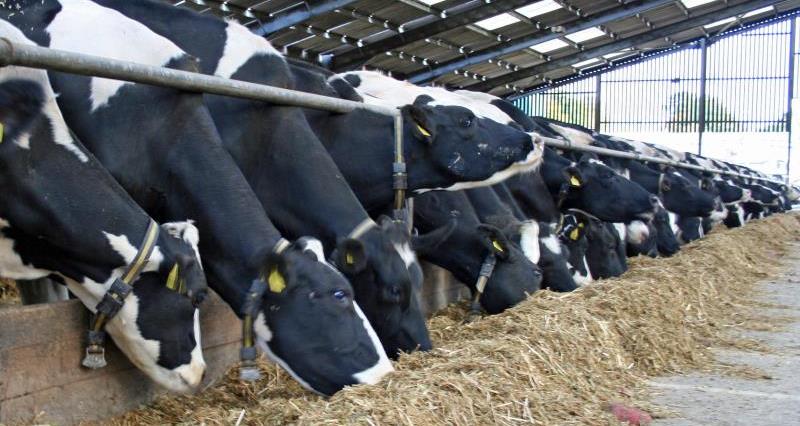Defra’s Clean Air Strategy sets out current and proposed actions to reduce ammonia emissions from farming. The consultation proposes three different approaches:
- Introduction of nitrogen (or fertiliser) limits
- Extension of environmental permitting to large dairy farms by 2025
- Rules on specific emissions-reducing practices
For more information click here.
While the Group welcomed the proposal to "support farmers to make investments in farm infrastructure and equipment that will reduce emissions” they also called for clarity over how this would work in practice to ensure farmers are able to access support.
The proposal to permit:
The NFU dairy team will be working alongside the environment team and other industry stakeholders to ensure there is a robust response to the proposal to permit dairy farms and to provide clarity on the number of dairy farms who could be affected by permitting– currently the consultation simply refers to “large" farms.
The meeting of the DEIG stressed the need for proper analysis on the effect of permitting on reducing ammonia emissions compared to other regulatory or advisory action . The NFU will be holding an Emissions Inventory Workshop for stakeholders later in the year to assess the data currently collected and any gaps when it comes to the impact of farm practices on the environment.
Knowledge exchange has a key part to play in reducing emissions and helping to change managerial practices on farm. Organisations such as Catchment Sensitive Farming and Campaign for the Farmed Environment are important in disseminating information and offering advice to farmers when it comes to reducing ammonia emissions.
NFU dairy adviser Verity Richards said: “Whilst the dairy sector is committed to improving its environmental performance, demonstrated by the recent Dairy Roadmap Report which highlights the sector’s environmental achievements over the last decade, we do not see permitting as the the most effective way to achieve this.
The NFU has worked closely with Defra and EA over the last year through the DEIG meetings and on a national advisory code of good practice (due out later this year) to highlight the barriers farmers face when it comes to reducing emissions and to identify ways to achieve best practice on farm. We have also taken the Defra Air Quality Team out to a dairy farm to demonstrate the practicalities surrounding the mitigation of ammonia. It is disappointing that the consultation has failed to acknowledge a number of these restraints.
"We will continue to lobby Defra to ensure there is sufficient support available to farmers who are impacted by any future environmental regulation to enable dairy farms to remain viable and productive businesses. The NFU’s Dairy Environmental Issues Group will work alongside our National Dairy Board and other industry stakeholders to help develop our response to the consultation and we will be speaking to members over the next few months to capture their views. ”
Deadline for responses:
Defra’s deadline for responses is 14 August 2018. You are welcome to respond to the consultation directly, but you can also email any comments to the NFU’s environment adviser Grace Righton to be considered for inclusion as part of the NFU’s response. Comments on the potential cost and practicalities of these measures on your businesses would be helpful.
